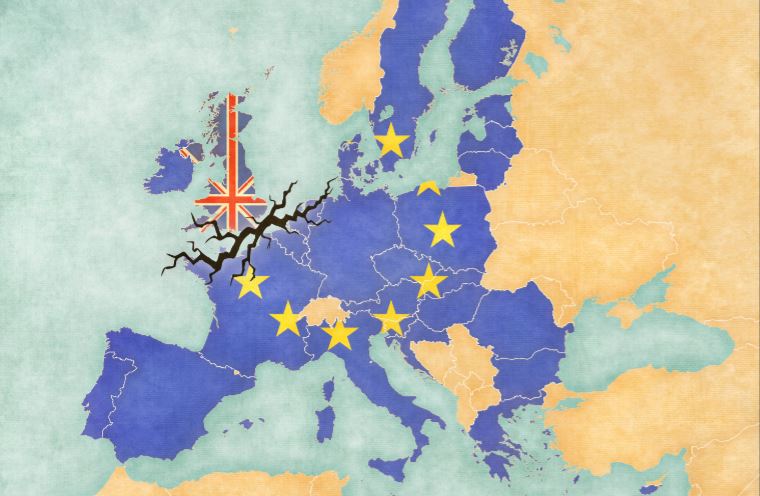Pharma welcomes Brexit agreement amid political chaos

The UK’s pharma industry has welcomed Theresa May's hard won agreement with EU leaders on Brexit, which is already threatened by intense political infighting.
But it's fair to say the publication of the draft agreement on a deal between the UK and EU has raised more questions than answers.
Buried in the text are some details about how medicines will be regulated during the transition period.
According to the document the UK and EU have agreed to recognise each other’s marketing authorisation decisions during the transition period.
But the full implications of the document will only be revealed with further analysis - and it may never be approved as politicians from all parties clashed in the increasingly bitter Brexit process.
Mike Thompson, CEO at the Association of the British Pharmaceutical Industry (ABPI), said: “We welcome this important step towards securing a Brexit deal. Agreeing a transition period will mean that our members can continue to supply medicines to patients without delay or disruption come March 2019.
“There’s much to build on. But there’s more work to be done. We are committed to working with the UK and the EU so that close cooperation on scientific research and medicines regulation are central to a future partnership agreement for the benefit of all."
Representing smaller life sciences firms, the Biotech Industry Association (BIA) chief executive, Steve Bates, said the organisation welcomed the document and is analysing details and how they will affect the industry.
He said: “The withdrawal agreement builds on previous draft withdrawal documents. It includes detail on people, goods on the market, medicines regulation, intellectual property, state aid rules, the Irish border and access to EU databases.
“On the political declaration, we are initially focusing on what is meant by the future relationship mentions of, ‘cooperation in matters of health security in line with existing union arrangements with third countries, and in international fora.’
“It also includes cooperation in science and innovation. Text detailing a free trade area with ‘deep regulatory and customs cooperation’, mentions commitment to alignment of rules and IP protection to stimulate innovation.
“There remains a long way to go for certainty on Brexit for life sciences businesses but this is a key step on that journey.”
EU leaders from the 27 other member states look likely to sign off the deal later this month.
However, political developments in the UK look likely to decide whether the deal will succeed or fail after a flurry of cabinet resignations the morning after the deal was revealed.
At the time of writing May’s own Brexit secretary, Dominic Raab, had resigned, along with Northern Ireland minister Shailesh Vara and work and pensions secretary Esther McVey.
There were question marks about whether May could continue as prime minister should many other cabinet ministers resign.
Health secretary Matt Hancock has backed the deal, saying it is in the national interest, and refusing to deny that lives could be lost as a result of ‘no deal’ and its impact on healthcare.
In an interview with the BBC’s Today programme, Hancock said: “We need to make sure that everybody does what’s necessary, if there is no deal, to have the unhindered flow of medicines that people need. No deal is not pretty. It is very difficult for the economy and for lots of other areas like health care.”
Things are made more complicated by the fact that Theresa May does not have a majority backing her in the House of Commons should the deal make it to a deciding vote.
The Democratic Unionist Party in Northern Ireland is propping up her government with its 10 MPs under the confidence-and-supply arrangements agreed following last year’s general election – but looks unlikely to back the deal.
It also looks unlikely that May will receive support from those in the opposition Labour party who backed “Leave” in the 2016 referendum – key figures in the party have already said the deal would be likely to fail six tests it has set required to win support.
Hancock has dismissed talk of a second referendum on the deal, saying that such a move would be “hugely divisive”.











